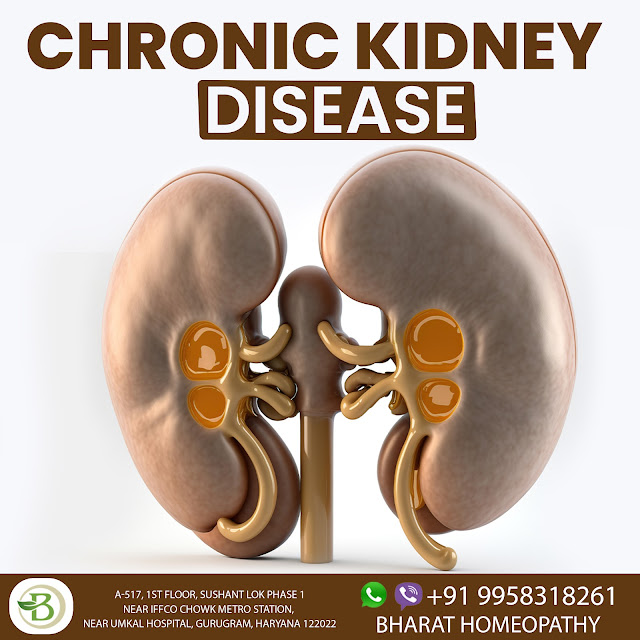Creatinine Levels That Are High: What They Mean
.jpg)
The prompt chronic kidney disease diagnosis , monitoring of the creatinine levels , and appropriate kidney treatment are crucial to managing CKD. We will further explore the signs of CKD as well as the side effects of high creatinine , the importance of levels of creatinine, bun/creatinine ratio, as well as possible treatments, such as the use of homeopathic medicines. Chronic Kidney Disease Diagnosis Ckd diagnosis is an essential stage in stopping its progression. It is possible to detect the disease early and initiate intervention, which may stop the progression of the disease. To determine CKD, doctors usually mix several tests, such as kidney function test s . The most crucial indicator in these tests is creatinine. Creatinine and Its Significance Muscles release creatinine, an end product of their work, when they digest the chemical creatine phosphate. The kidneys remove it from the bloodstream and flush it out in urine. A measure of the amount of creatinine found in the ...


